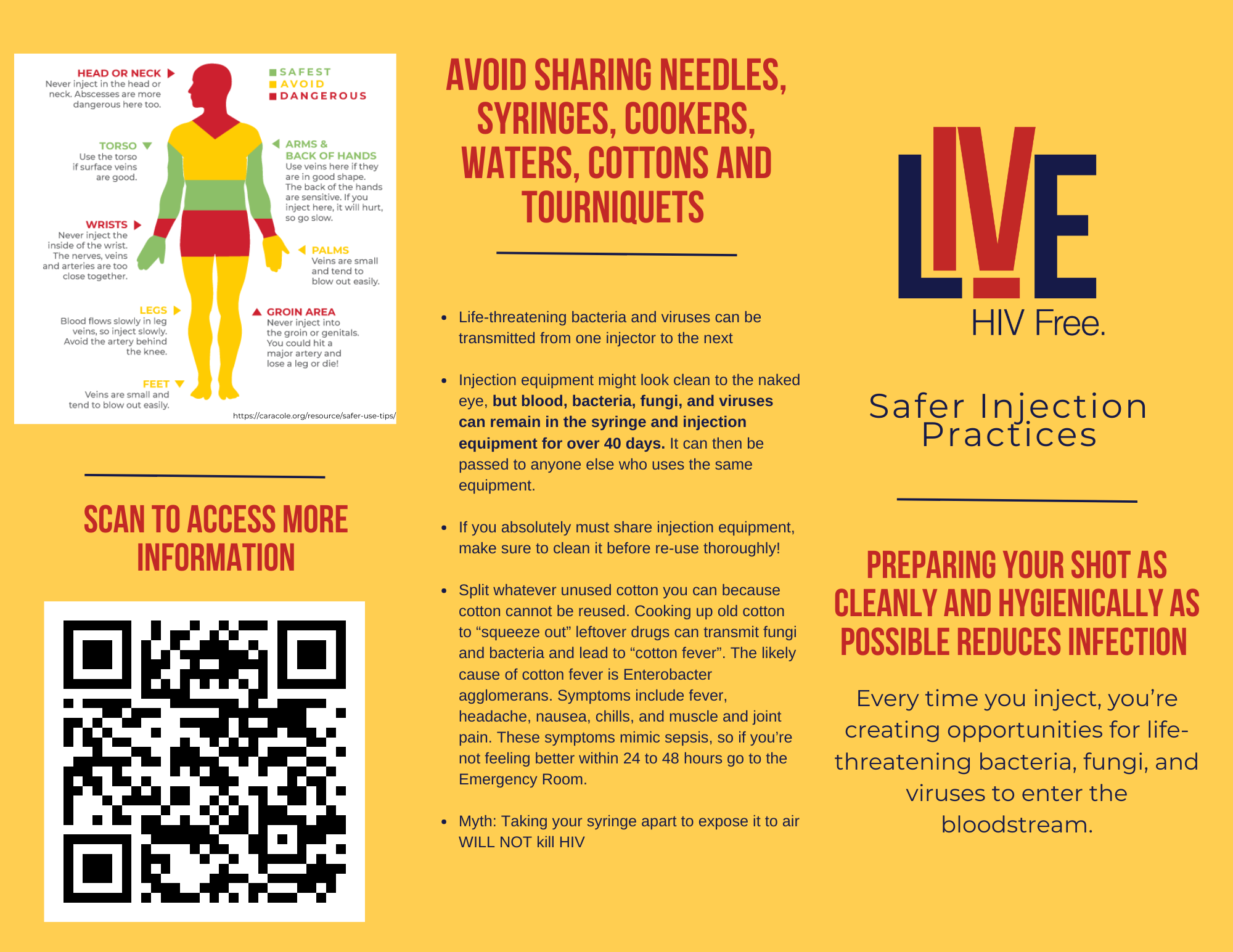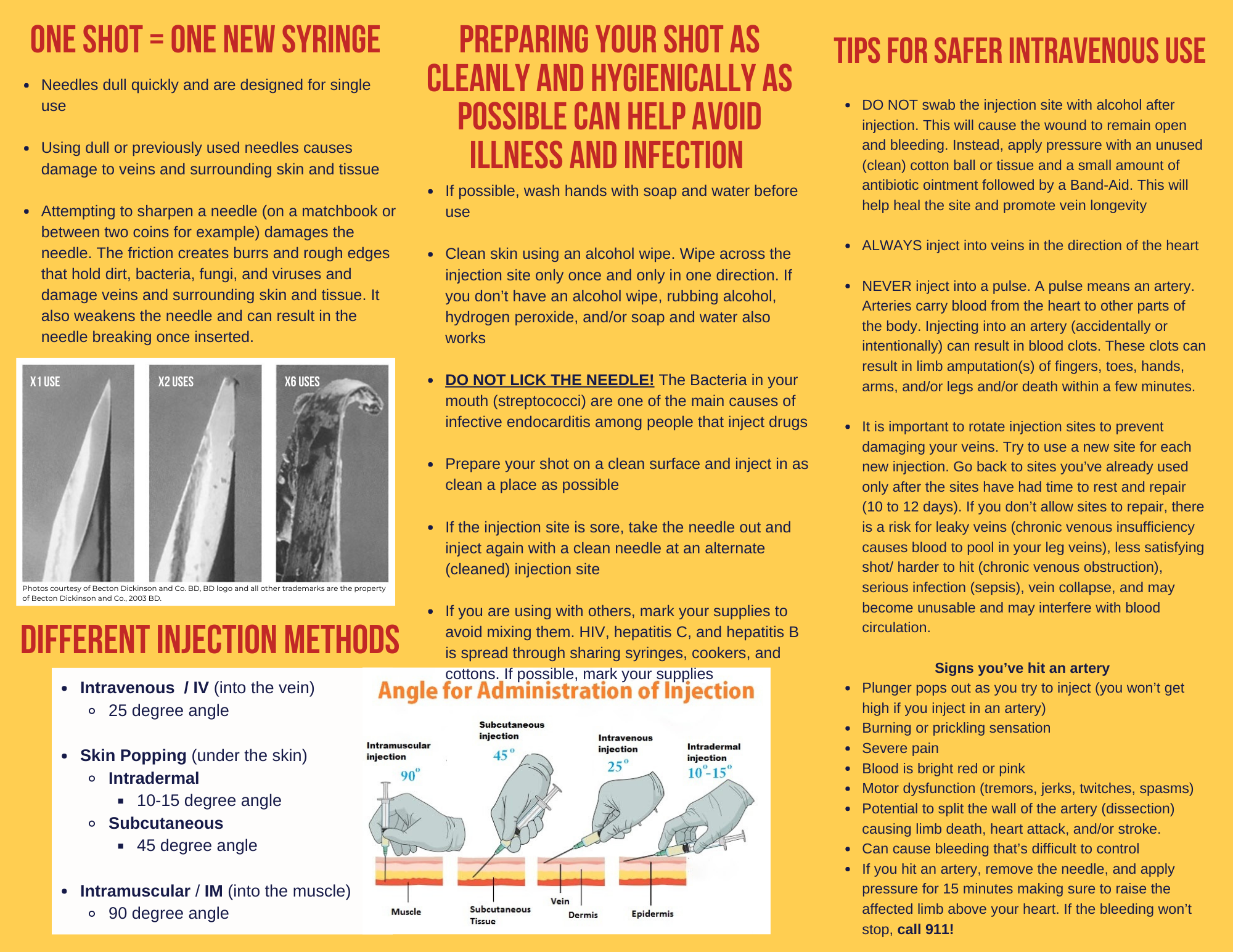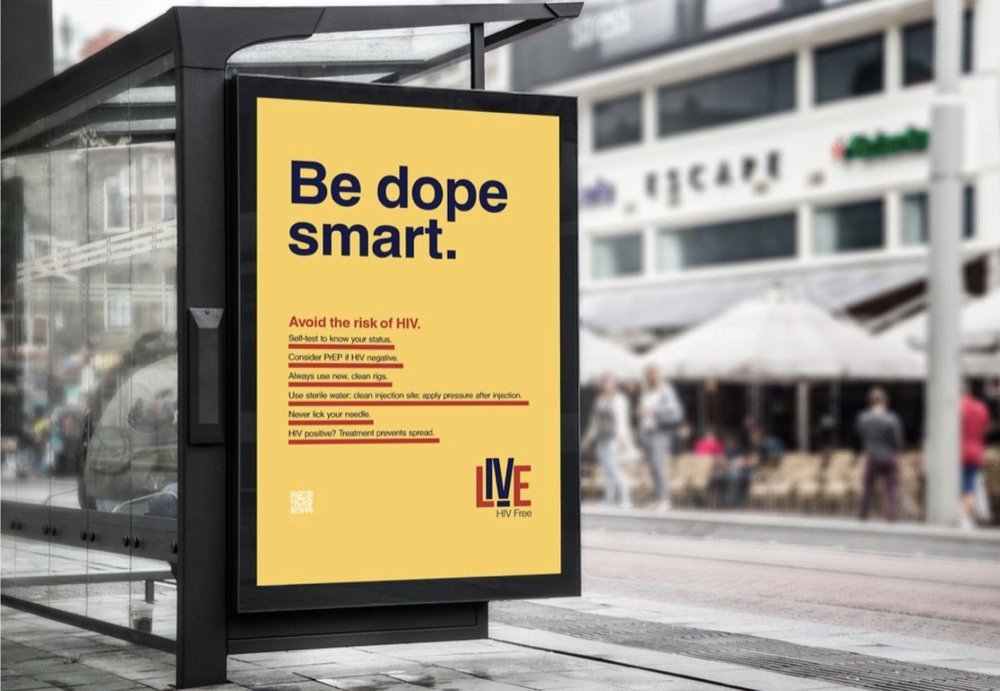SOCIAL PRACTICE & HEALTH EQUITY INITIATIVES
The Social Practice Lab (SPL) is a Louisville based not-for-profit 501(c)(3) organization with the mission to invest resources in underserved communities in order to narrow the health equity gap. SPL designs and manages collaborative projects that operate at the intersection of Public Health and Public Art. We work with several community partners to provide harm reduction and healthcare services to high-risk populations. Our primary service area is Jefferson County, KY.
SPL envisions a robust public health infrastructure where every community can access equitable healthcare. SPL blends the data-backed efficacy of harm reduction services with the artistic philosophy of Socially Engaged Work to create new spaces for healthier communities. Our custom-built programs provide real-time solutions to the immediate health needs of our clients and establish the community partnerships required for deep impact over the long term.
SPL also serves as a research site for our partners at Norton Healthcare, The University of Louisville, and the Pacific Institute of Research & Evaluation. This participatory research collaborative aims to reduce HIV and viral hepatitis infections in people that use and inject drugs. Review our publication in the International Journal of Drug Policy for more about our collaborative research.
LOUISVILLE HARM REDUCTION HUB - In partnership with Louisville Metro Department of Public Health and Wellness (LMPHW) 2021-2023
Community Health Problem
In 2020 and 2021, Jefferson County, Kentucky reported the highest rates of HIV transmission that the community has seen since the advent of the HIV/AIDS epidemic. 1 in 3 of all new HIV positive cases reported injecting drugs within the last 12 months of their screening. Increasing the accessibility of comprehensive HIV prevention, testing, and linkage to care services are essential to stopping the spread.
Collaborative
Solution
With funding provided by through the American Rescue Plan administered by LMPHW, The Social Practice Lab is partnering with LMPHW to expand harm reduction services to the Shelby Park neighborhood. This location was selected because 40203 is the number one zip code for EMS runs (2020-2021) in response to overdoses, and more than 1,000 current LMPHW Harm Reduction Program participants report living in 40203.
Program
objectives
Increase accessibility of comprehensive HIV and HCV prevention and treatment healthcare
Provide barrier-free access to harm reduction services
Decrease HIV and HCV transmission rates
Decrease overdose and overdose death rates
SERVICES
offered
Free HIV & HCV testing care
Free HIV self-test kits
HIV + HCV prevention + education
Participant medication lockers
Free safe injection supplies
Free fentanyl test strips and Narcan training + distribution
Linkage to substance use treatment network
LIVE HIV FREE CAMPAIGN 2022 - 2023
The ‘Live HIV Free’ Initiative aims to address the HIV epidemic in Louisville Metro through comprehensive public health and harm reduction programs for people who use drugs (PWUD). There are three overarching goals to fulfill this mission:
Leverage the expertise of PWUD to increase knowledge about HIV risk acquisition, screening, and treatment in the community.
Implement innovative HIV screening programs, health education interventions, and supportive services for PWUD and other underserved populations.
Conduct rigorous research and evaluation studies for long-term sustainability of the initiative.
The ‘Live HIV Free’ Initiative is working towards these goals with an interdisciplinary team from Norton Healthcare (NHC), The Social Practice Lab (SPL), University of Louisville (UofL) School of Public Health & Information Sciences, Louisville Metro Department of Public Health & Wellness (LMPHW), and the Pacific Institute of Research & Evaluation (PIRE). The team brings together expertise in infectious disease management, addiction medicine, medical harm reduction, behavioral epidemiology, implementation and evaluation science, and public health informatics. We work closely with a wide variety of community partners to implement evidence-based programs that address HIV and other infections associated with illicit drug use. We are also involved in policy development to ensure equitable access and broad adoption of evidence-based programs for PWUD.
This initiative is housed at The Social Practice Lab (SPL), a nonprofit organization dedicated to providing medical harm reduction services to underserved populations in Louisville. SPL provides robust infrastructure to implement a comprehensive suite of evidence-based programs for PWUD and other underserved populations. SPL designs and manages a number of collaborative and participatory public health projects that focus on complex community health problems and human centered outcomes.
Program EDUCATIONAL BROCHURES










THE PREVENTION GREEN BOOK BLACK WOMEN AND PrEP 2022
During the US segregation era, the “The Negro Motorist Green Book” or “The Green Book” was a lifesaving resource for Black people to navigate often dangerous U.S. roadways to access critical services for health care, lodging, restaurants, gas, and other essential services along their journey published between 1936 – 1967, ending shortly after passage of the Civil Rights Act of 1964. The Green Book was first published by Victor Hugo Green, a Harlem Postal Carrier, who used his Black carrier network to grow the book into an essential resource to help the Black community avoid danger and access safety amid systemic racism. This little pocket guide provided peace of mind.
Learn More: https://negromotoristgreenbook.si.edu/
In today’s “Post-COVID” environment, especially in cities like Louisville, KY, the Black community has been made keenly aware of key disparities in the health care delivery system. There is a visible difference in how health information is shared based on who it is targeting, and Black women are most often excluded from this messaging. In speaking directly with local Black women about this issue, they appreciate the importance of education and access to both HIV/PrEP care in the community to help end the epidemic but are adamant about the critical significance of addressing discrimination in the overall care delivery system as well. There remains a persistent need to identify better, more trustworthy resources for all core medical and other support services including mental health and pharmacy services to avoid medical mistrust and disengagement from care. It was from these discussions that the Black Women’s Prevention Green Book was born.
This project was completed in partnership with the University of Louisville 550 Clinic.



